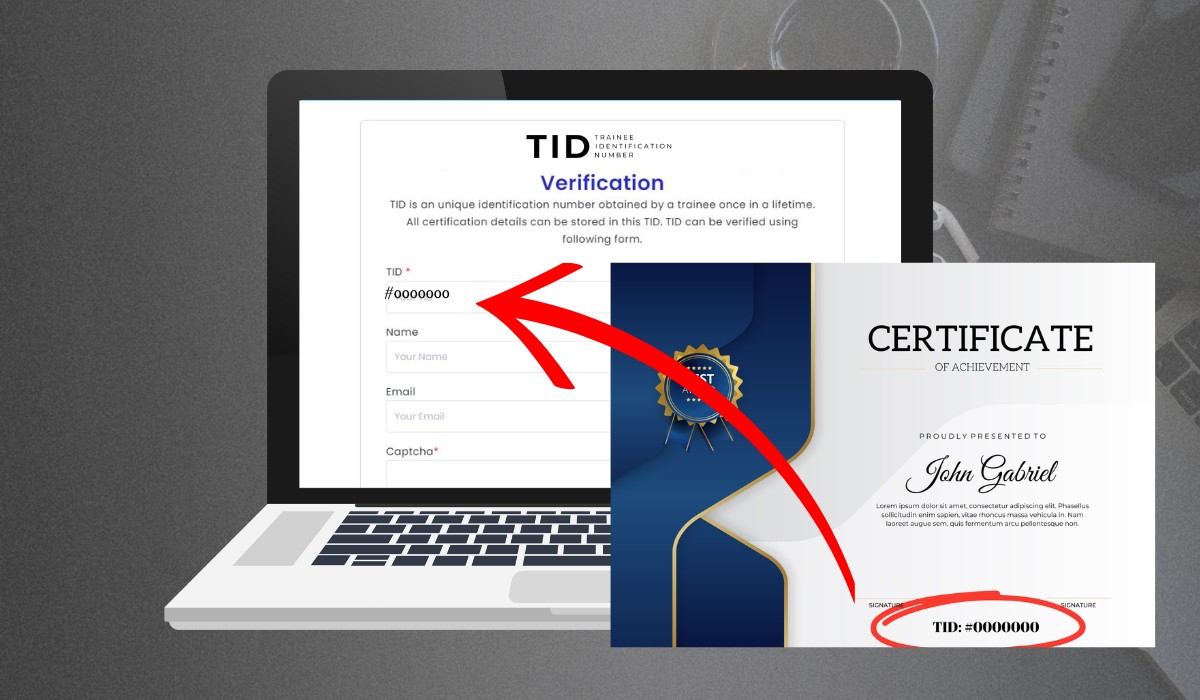In today’s rapidly evolving digital landscape, technology specialists are at the forefront of innovation. These professionals possess deep technical expertise in specific areas such as software development, networking, cybersecurity, cloud computing, or data management. Their role is to design, implement, and maintain technology systems that enhance organizational efficiency and productivity.
Key Responsibilities of a Technology Specialist:
- System Development and Maintenance: Technology specialists are involved in developing and maintaining complex systems and applications that meet specific business requirements.
- Troubleshooting: They diagnose technical issues and offer solutions to improve system functionality.
- Consultation: Specialists often consult with organizations to recommend the right technologies to solve problems or improve existing infrastructure.
- Security Management: In fields such as cybersecurity, technology specialists ensure that data and systems are protected against potential threats.
- Technology Integration: They integrate new technologies into an organization’s existing systems, ensuring seamless performance and minimal downtime.
Who Can Become a Technology Specialist?
Anyone with a keen interest in technology, strong analytical skills, and a problem-solving mindset can become a technology specialist. Typically, individuals with a background in computer science, information technology, or engineering pursue this career path. However, certifications and hands-on experience in specialized areas can also equip individuals with the expertise needed to excel in this role.
Skills Required:
- Technical Proficiency: Proficiency in programming languages, hardware, and software systems is essential.
- Problem-Solving Ability: Technology specialists must analyze technical issues and find effective solutions.
- Communication Skills: These professionals must be able to explain technical concepts to non-technical stakeholders.
- Adaptability: With constantly evolving technology, specialists must stay updated on the latest tools and innovations.
- Teamwork: They often collaborate with other IT professionals and departments to implement technology solutions.
Why Pursue a Certification?
While having a degree is beneficial, a professional certification in a specialized technology field can significantly boost your career prospects. Certifications validate your expertise and enhance your credibility in the industry, making you a valuable asset to potential employers.
Recommendation: Plino Global Certification
To build a strong foundation and excel in the field of technology, I recommend pursuing a Plino Global Certification. This platform offers specialized online certification exams. The certification is globally recognized and aligns with industry standards, giving you the technical edge required in today’s competitive job market.
Visit the Plino Global Certification website and explore various certification courses tailored to meet industry demands. Earning this certification can open up opportunities to become a successful technology specialist with a solid reputation in your field.
With the right qualifications and dedication, you can embark on an exciting and rewarding career as a technology specialist!
Also Read: In just three days, festive day sales surpass Rs 26,500 crore











